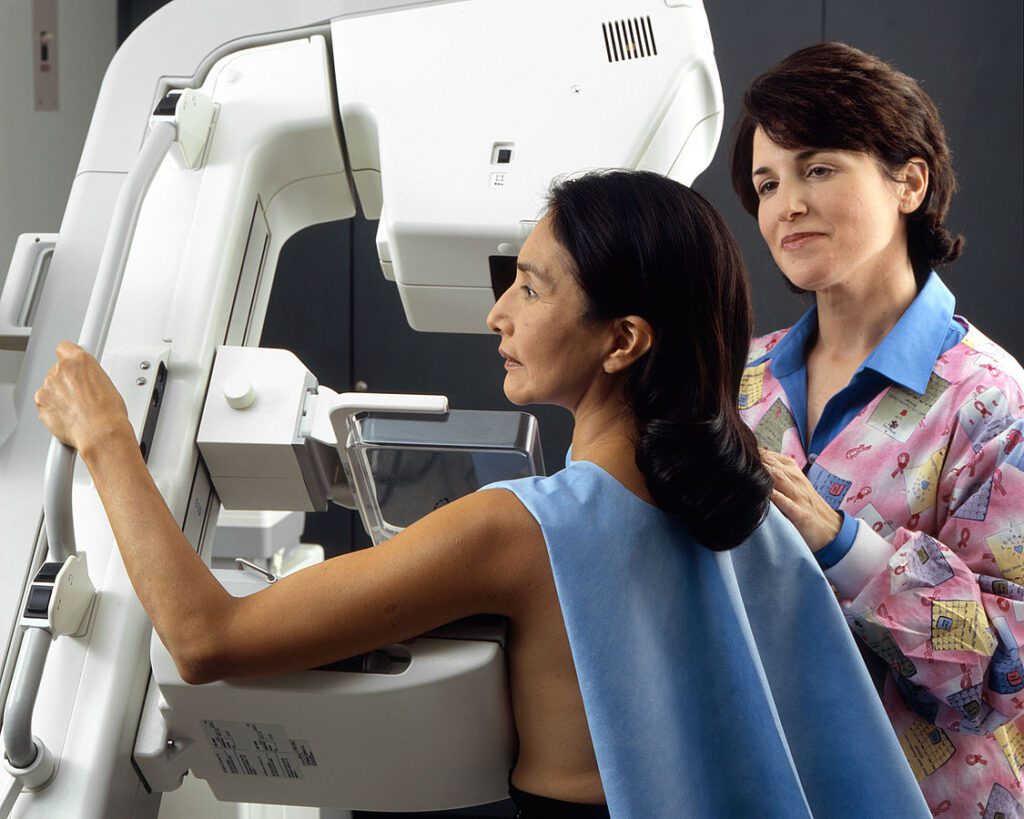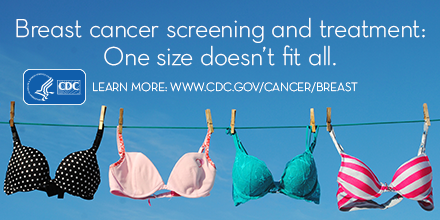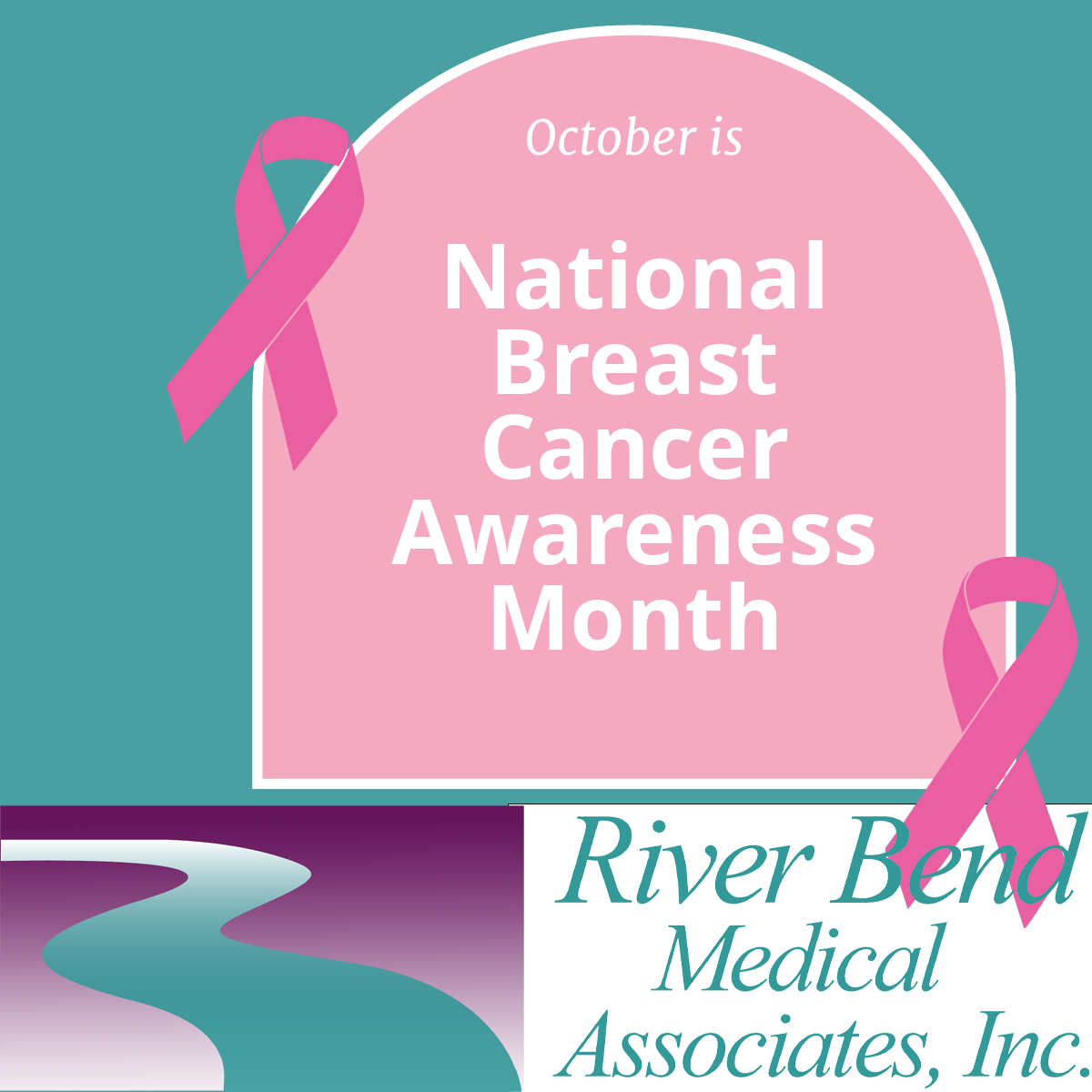October is Breast Cancer Awareness Month, as part of this annual campaign, our goal is to increase understanding and educate our patients about breast cancer, screening, and prevention.
In this article, we will try to answer some basic questions about breast cancer so that you can have a better understanding, including what breast cancer is, what increases my risk of getting it, and how to catch it early.
What is Breast Cancer?
Breast cancer is a disease that occurs when cells in the breast grow out of control. Most forms of breast cancer begin in the ducts or lobules of the breast. Cancer cells can spread through blood vessels and lymph vessels to areas outside the breast. When this occurs, the cancer is said to have metastasized.

There are different types of breast cancer. The type of breast cancer depends on which cells in the breast are cancerous. The two most common forms of breast cancer are Invasive lobular carcinoma and invasive ductal carcinoma.
Symptoms of Breast Cancer include:
- Swelling or thickening of part of the breast.
- Pulling or pain in the nipple area
- A new lump in the underarm or breast.
- Dimpling or irritation of breast skin.
- Any discharge other than breast milk from the nipple.
- The breast is red or feels warm.
- Flaky skin or redness on the breast or in the nipple area.
- Any change in the shape or size of the breast.
What Increases My Chances of Getting Breast Cancer?
If your mother, sibling, or child has had breast cancer, you are at a higher risk for the disease. Women with a family history of breast cancer or ovarian cancer are at a higher risk of getting cancer. Updating your family medical history and reviewing with your primary care family doctor is an important step in catching breast cancer early.
Other risk factors for breast cancer are:
- Age – The risk of getting breast cancer increases with age.
- Dense breasts – Women with dense breasts are at an increased risk for breast cancer. Additionally, dense breast tissue can make it difficult to see tumors on a mammogram.
- Reproductive health history – Starting menopause after 50, beginning your period before age 12, having a baby after 30, not having a baby, these factors involve hormone changes, and exposure to certain hormones can raise the risk of breast cancer.
- Alcohol – Studies have shown that alcohol consumption can raise a woman’s risk of hormone-receptor-positive breast cancer.
- Obesity – Being inactive and overweight puts you at a higher risk for breast cancer compared to those at a healthy weight.
- Hormones – Taking some forms of hormones (estrogen and progesterone) can raise your risk for breast cancer.
- Race/Ethnicity – While white women have a higher incidence rate of breast cancer, Black women are more likely to develop more aggressive forms of breast cancer that develop at a younger age.
According to the American Cancer Society, more black women die from breast cancer than any other type of cancer. In addition, researchers found that African American women had nearly three times the risk of triple-negative breast cancers, which are more aggressive and have a poor prognosis. This high risk is why Black women need to get screened for breast cancer early and often.
Why Do Black Women Have a Higher Risk of Breast Cancer at a Young Age?
Finding Breast Cancer Early
Screening for breast cancer involves examining a woman’s breasts for cancer before there are symptoms or signs of the disease. The most common screening tool for detecting breast cancer is a mammogram.
A mammogram is an x-ray image of your breast. Mammography can be used to check for breast cancer in people who show no signs or symptoms of the disease. Modern digital mammography equipment uses low-dose radiation and produces high-quality images to detect breast cancers, benign tumors, and cysts before they can be detected by a physical exam.
Regular mammograms can detect breast cancer early, sometimes up to three years before a lump can be felt. Early detection of breast cancer gives you the best chance for successful treatment.
Each October, Breast Cancer Awareness Month aims to promote screening and prevention of the disease which affects 1 in 8 women in the US every year. Join us in raising awareness by talking openly with your family about breast cancer and your family’s medical history. Collecting facts about who in your family has had cancer and what type and sharing it with your doctor can help you find out if you’re at a higher risk.

As part of your medical team, we are here to provide you with the best care in all aspects of your healthcare needs. For more information on our medical practice or to make an appointment, contact River Bend Medical Associates, or call 916-392-4000.


